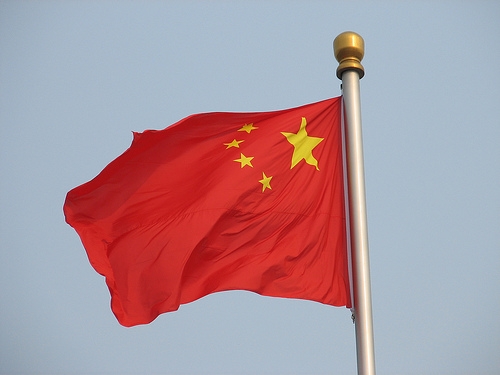
Is the Chinese equity bubble about to burst soon?
Economic fundamentals remain downbeat.
Many investors are beginning to doubt whether the meteoric rally in China’s A-share market is sustainable, particularly in light of the country’s weakening real economy.
A report from Schroders noted that the China A-share market has doubled in less than ten months while daily turnover reached as high as RMB 1.5 trillion (US$250 billion) a day.
Hundreds of thousands of new trading accounts are being opened and the equity markets are a hot topic of conversation across China.
Although aggregate price-to-earnings (PE) multiples for the broader Shanghai A-share indices are well below the peaks reached in the last bubble in 2007 when they climbed to over 45x, these headline numbers are dragged down by the large-cap banks.
Meanwhile, a staggering 70% of individual stocks have been trading at multiples of over 50x, while the ChiNext index has been valued at around 95x reported profit.
These numbers are in sharp contrast to the weakening real economy, which is bogged down by sub-par GDP growth and sluggish consumption trends.
The report noted that the surge is fuelled by a variety of factors, such as policy easing and macro stimulus from the Chinese authorities, the increase in leveraged trading, and market-liberalising measures such as the launch of the Shanghai-Hong Kong Stock Connect scheme.
However, the market euphoria might come to an abrupt halt should the authorities suddenly introduce stricter controls, particularly in terms of leveraged trading.
"We feel that A-shares are already at vulnerable levels in light of its frothy valuation, increasing IPO issuance, deteriorating corporate earnings and capital outflows. Therefore, we would not be chasing A-shares. As for H-shares and the broader Hong Kong market, it is less clear, although valuations are still at a more reasonable level," the report said.
























 Advertise
Advertise






